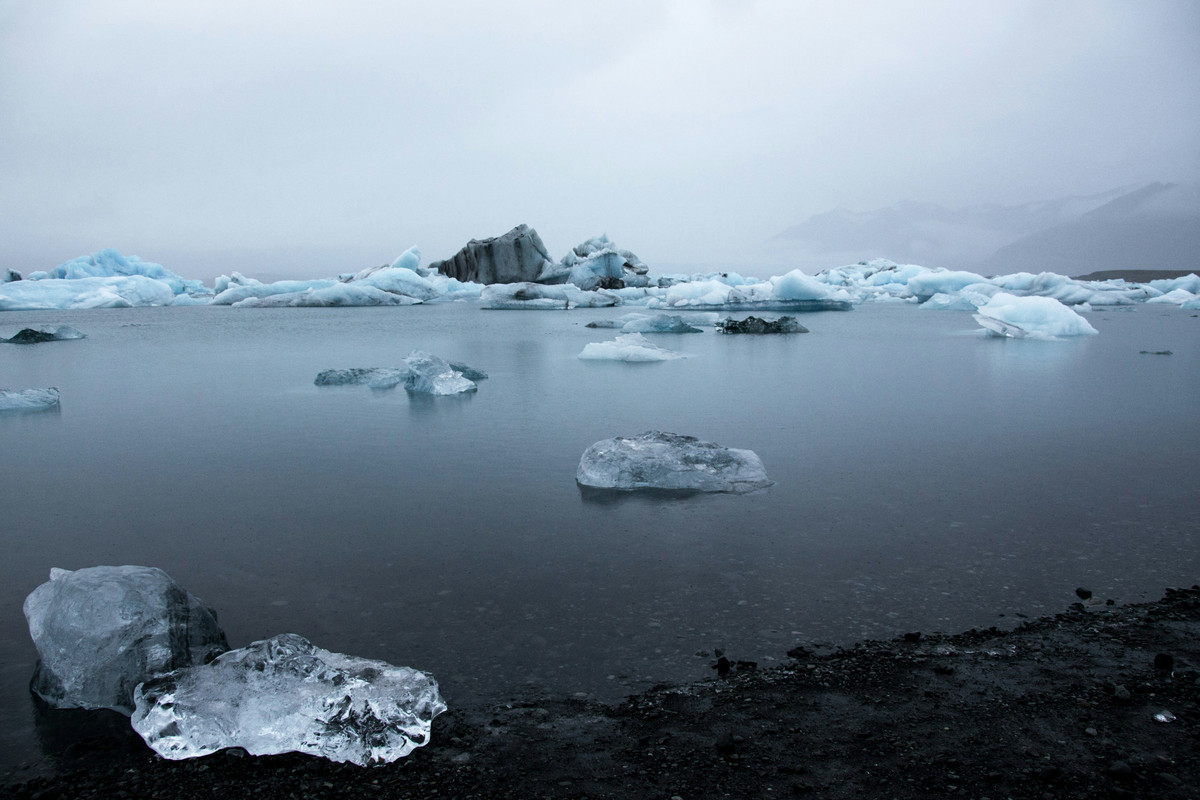Introduction
Packing for a trip can make or break your travel experience. Whether you’re a seasoned globetrotter or a first-time traveler, knowing what to pack and how to pack it efficiently can save you time, stress, and even money. This guide will walk you through the essential packing tips every traveler should know to ensure a smooth and enjoyable journey.
Preparation Before the Trip
Research Your Destination
Understanding your destination’s climate and culture is crucial. Knowing the weather patterns helps you pack appropriate clothing, while understanding cultural norms ensures you dress respectfully and appropriately.
Plan Your Itinerary
Having a rough idea of your activities can help you pack more efficiently. If you plan to hike, swim, or dine in fancy restaurants, your packing list should reflect those activities.
Prepare Essential Documents
Ensure you have all necessary documents: passport, visa, travel insurance, and tickets. Make copies of these documents and keep digital backups.
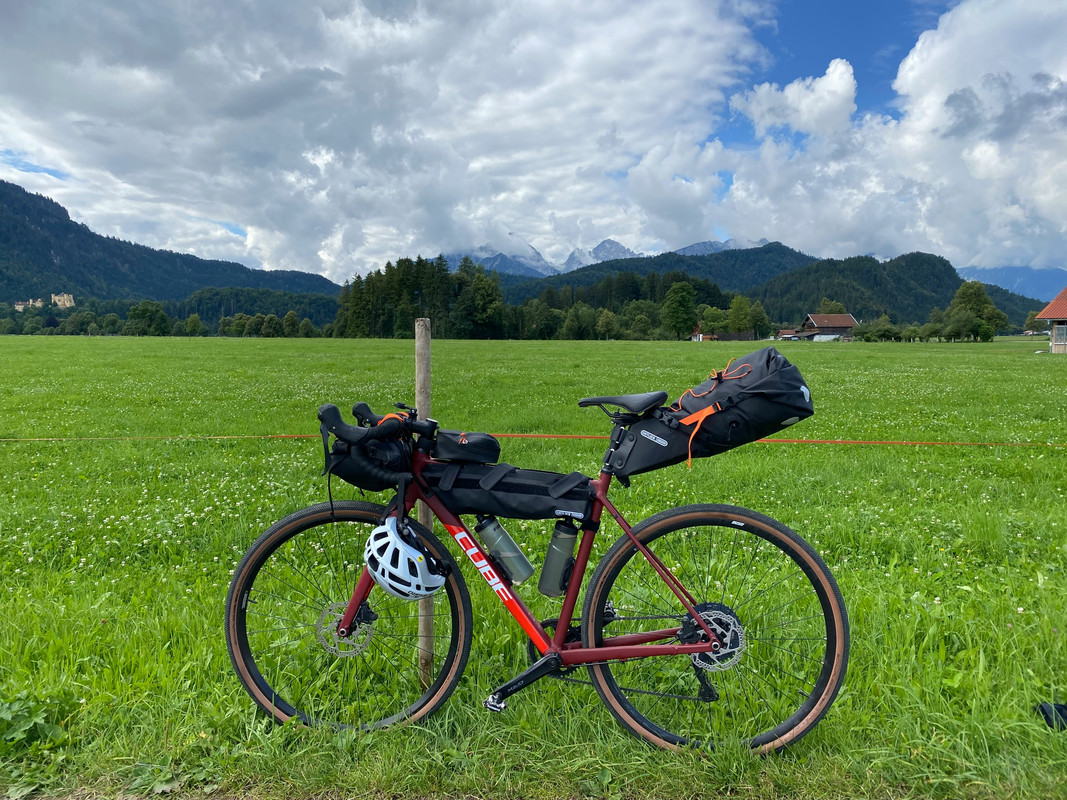
Choosing the Right Luggage
Suitcase vs. Backpack
The type of luggage you choose can significantly impact your travel experience. Suitcases are great for organized travel and are easier to manage in urban settings, while backpacks are ideal for more adventurous or remote trips.
Consider Your Travel Type
For short trips, a carry-on suitcase may suffice. Longer journeys might require a larger suitcase or a combination of a suitcase and a backpack.
Security and Durability
Opt for luggage that is durable and has security features such as lockable zippers. Consider using luggage with built-in tracking devices for extra security.
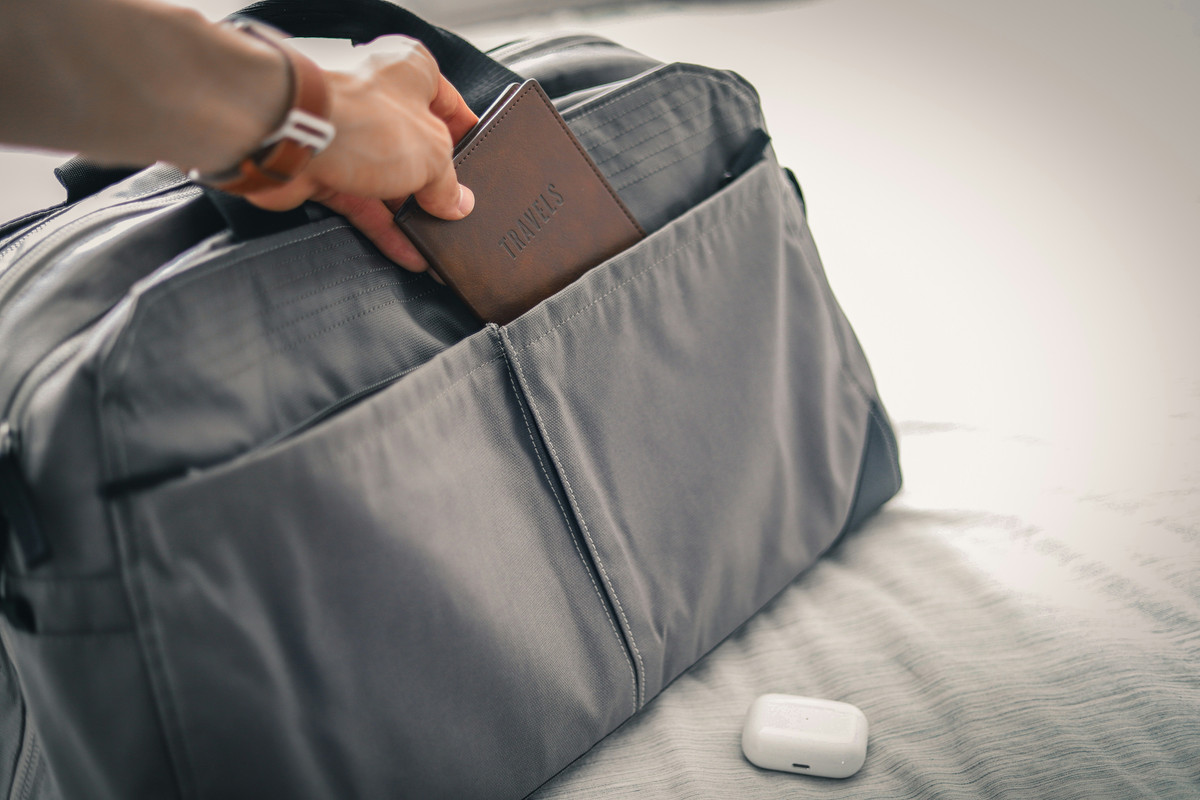
Clothing Selection and Packing
Climate-Appropriate Clothing
Pack clothes suitable for the destination’s climate. For hot climates, pack light, breathable fabrics. For colder destinations, bring layered clothing.
Versatile and Multi-Purpose Clothing
Choose clothes that can be mixed and matched and can serve multiple purposes. A scarf can be used as a blanket, shawl, or even a beach cover-up.
Layering Techniques
Master the art of layering. This not only saves space but also prepares you for varying temperatures throughout the day.
Space-Saving Techniques
Use packing cubes, compression bags, and rolling techniques to maximize your luggage space. These methods also keep your items organized.
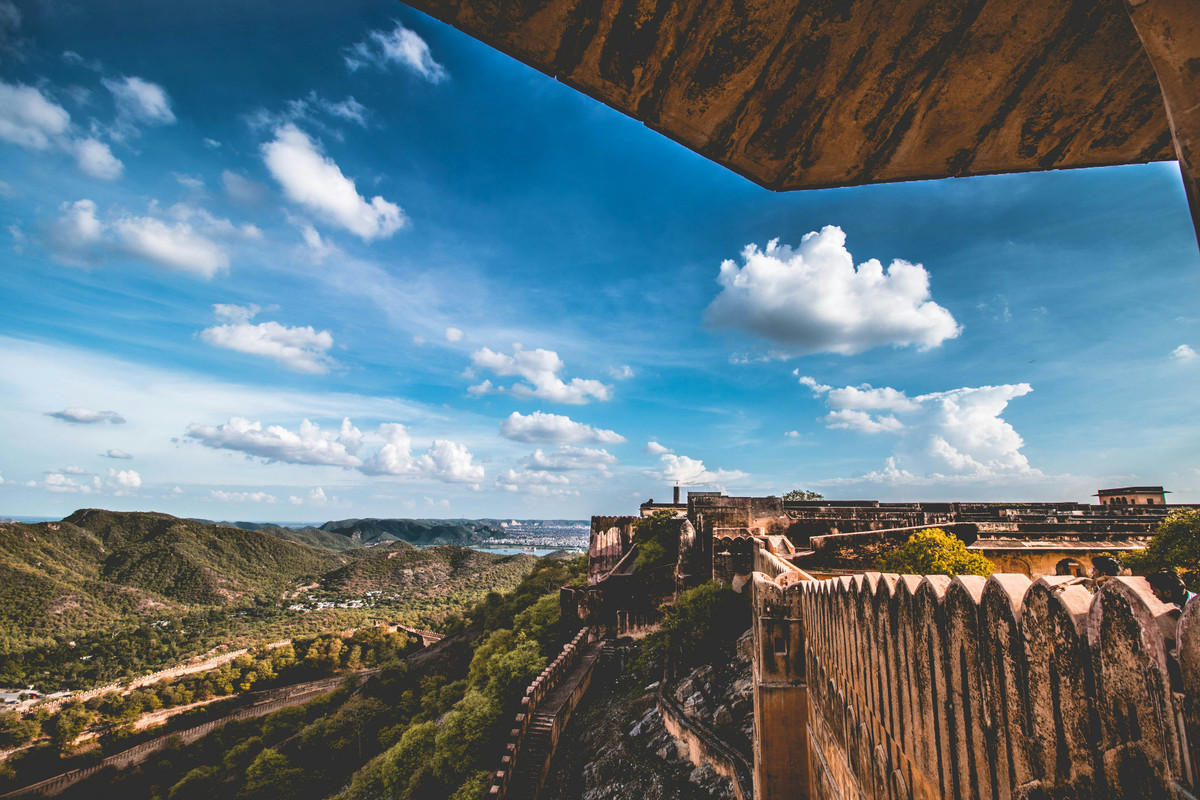
Essential Travel Items
Toiletries and Personal Care
Pack travel-sized toiletries and consider solid alternatives to liquids to save space and avoid spills. Bring essentials like a toothbrush, toothpaste, shampoo, and deodorant.
First Aid Kit and Medications
Always carry a basic first aid kit with band-aids, antiseptic wipes, and common medications such as pain relievers and antihistamines. If you have prescriptions, pack enough for the entire trip plus a few extra days.
Electronics and Accessories
Bring necessary electronics like your phone, camera, and chargers. Consider packing a portable charger, universal adapter, and earphones.
Travel Gear
Useful travel gear includes a neck pillow, sleep mask, earplugs, and a reusable water bottle. These items enhance comfort during your journey.
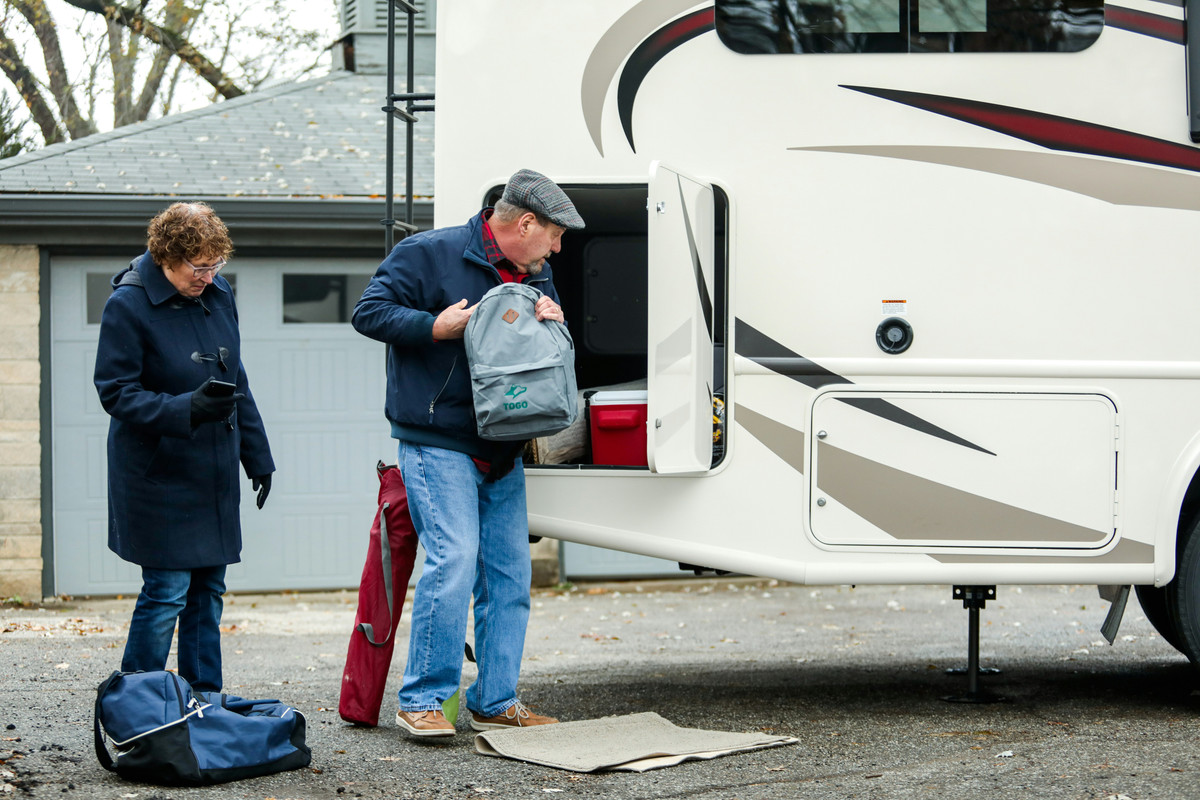
Safeguarding Documents and Valuables
Separate Storage
Keep your documents and cash in separate places. Use a money belt or hidden pouch to store valuable items securely.
Digital and Physical Copies
Make digital copies of your important documents and store them in a secure cloud service. Keep physical copies in a separate location from the originals.
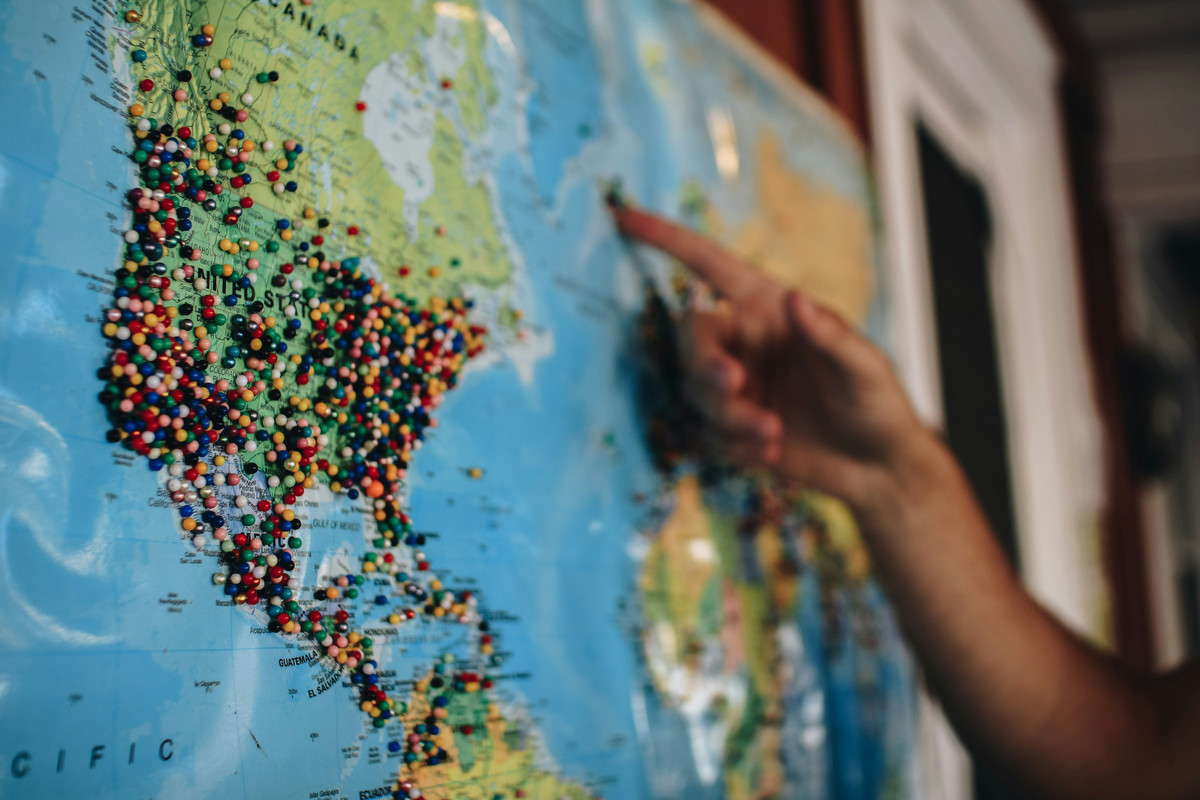
Efficient Packing Strategies
Packing Checklist
Create a detailed packing list to ensure you don’t forget anything. Categorize items by type (clothes, electronics, toiletries, etc.) to stay organized.
Organizing Items
Pack similar items together. Use small bags or pouches to group items like electronics, toiletries, and accessories. This makes finding items easier and faster.
Weight Distribution
Place heavier items at the bottom of your suitcase or backpack. This keeps your luggage balanced and easier to carry.
Easy Access Items
Pack frequently used items on top or in exterior pockets. This includes travel documents, snacks, and electronics.

Common Packing Mistakes and Solutions
Overpacking
Avoid packing items “just in case.” Stick to the essentials and remember that you can often buy items at your destination if needed.
Forgetting Essentials
Use your packing checklist and double-check it before leaving. Ensure all critical items are packed and easily accessible.
Disorganized Packing
Prevent disorganization by using packing cubes and bags. They keep items sorted and make it easier to find what you need without unpacking everything.
Conclusion
Effective packing is an essential skill for any traveler. By following these tips and strategies, you can ensure your trip is more comfortable, organized, and enjoyable. Remember, less is often more when it comes to packing, and a well-packed bag can significantly enhance your travel experience.
Frequently Asked Questions (FAQs)
How can I maximize luggage space?
Use packing cubes, compression bags, and roll your clothes to save space. Pack multi-purpose items and avoid overpacking.
What are some recommended multi-functional travel items?
Scarves, multi-tools, and quick-dry towels are versatile and can serve multiple purposes during your trip.
How can I avoid exceeding luggage weight limits?
Weigh your luggage before leaving and remove unnecessary items. Use a lightweight suitcase and distribute weight evenly.
How can I protect my valuables while traveling?
Use a money belt or hidden pouch to store valuable items. Keep important documents and cash in separate, secure locations.
What should I do if I forget to pack something important?
Most items can be purchased at your destination. Keep a list of local stores and pharmacies for emergencies.

